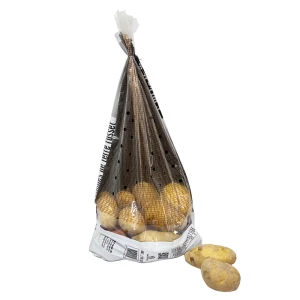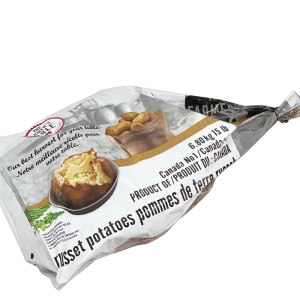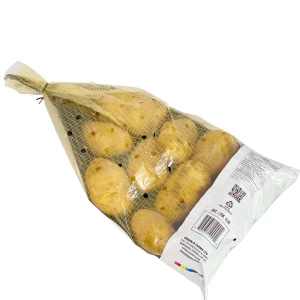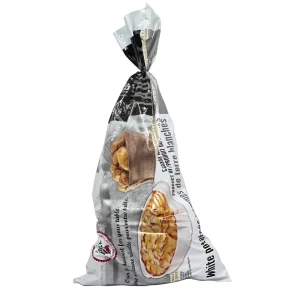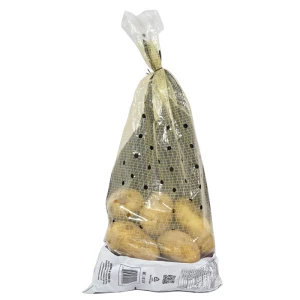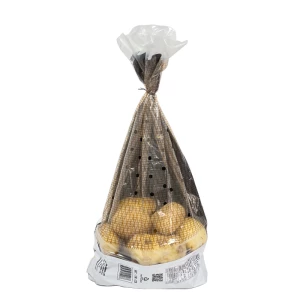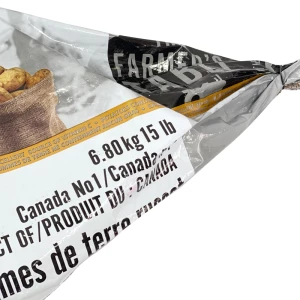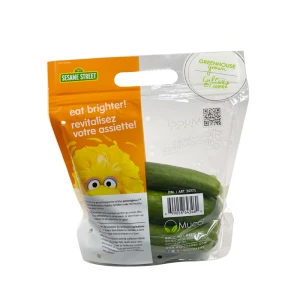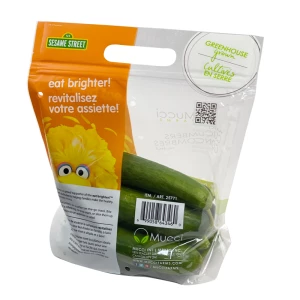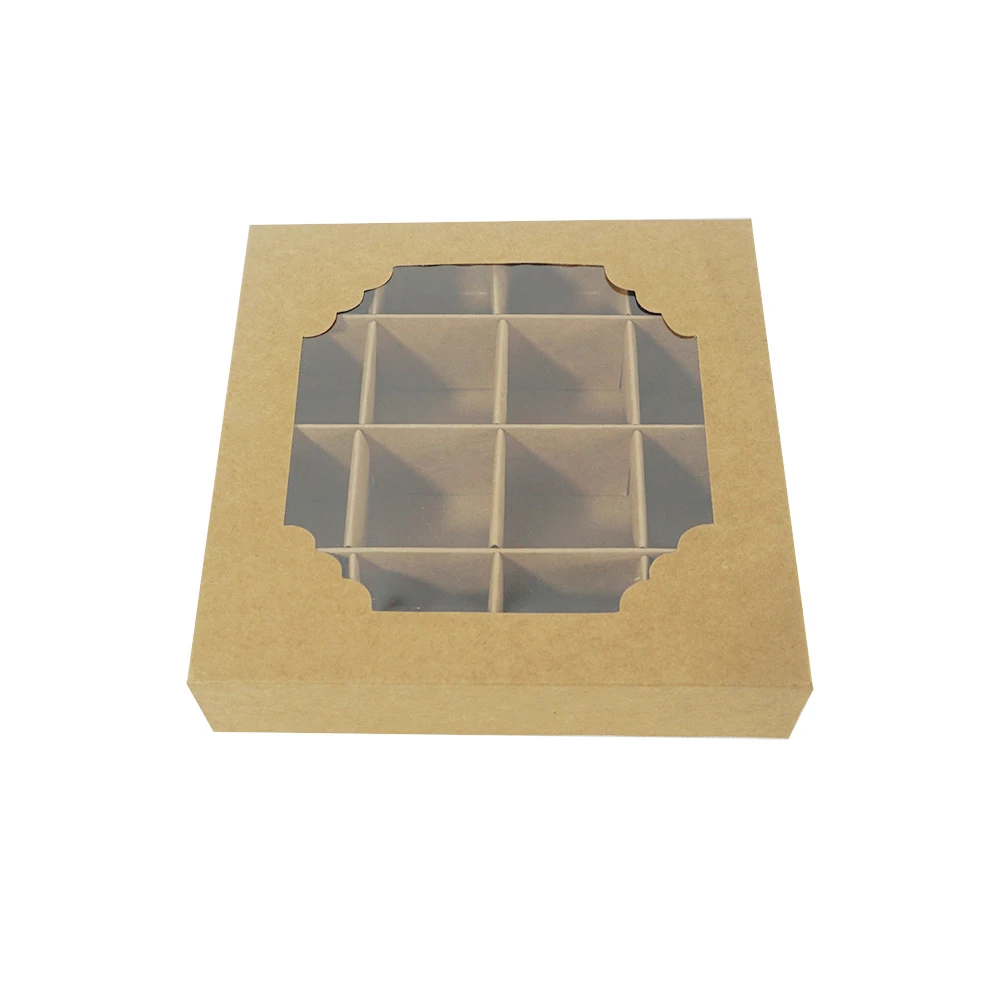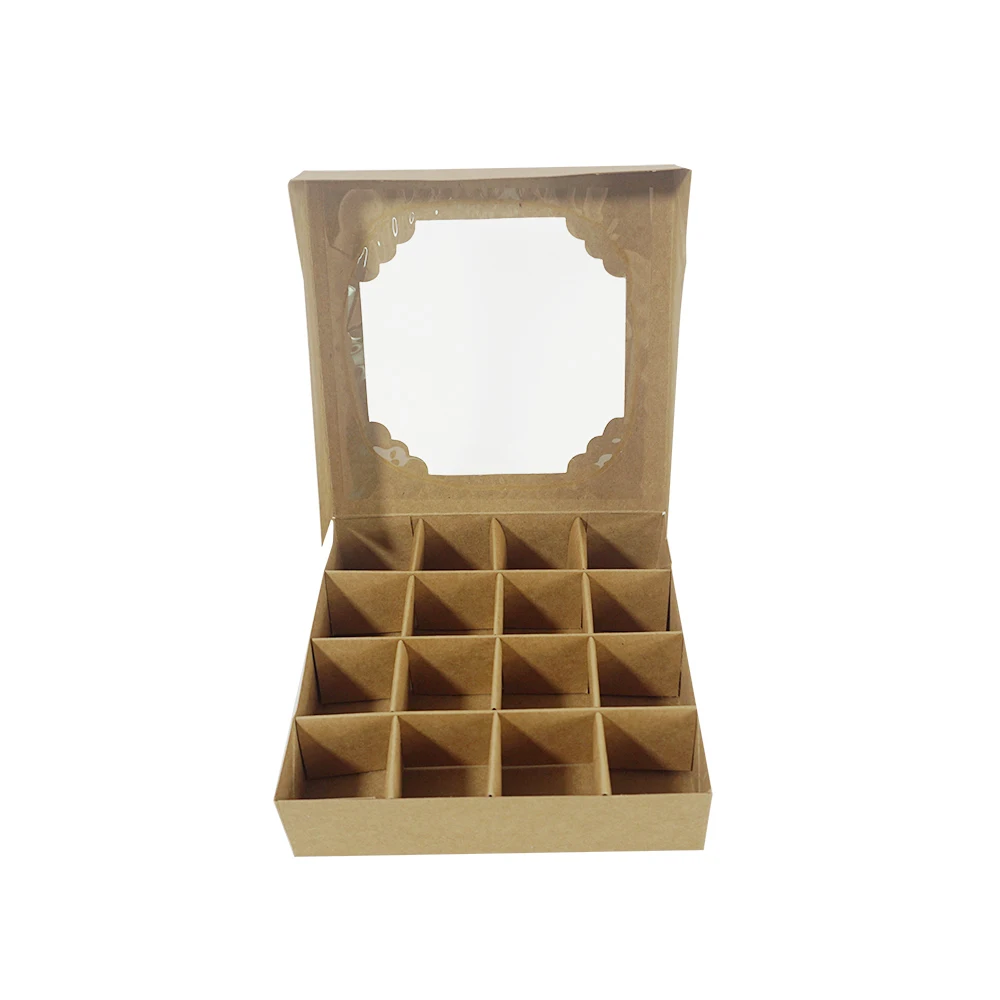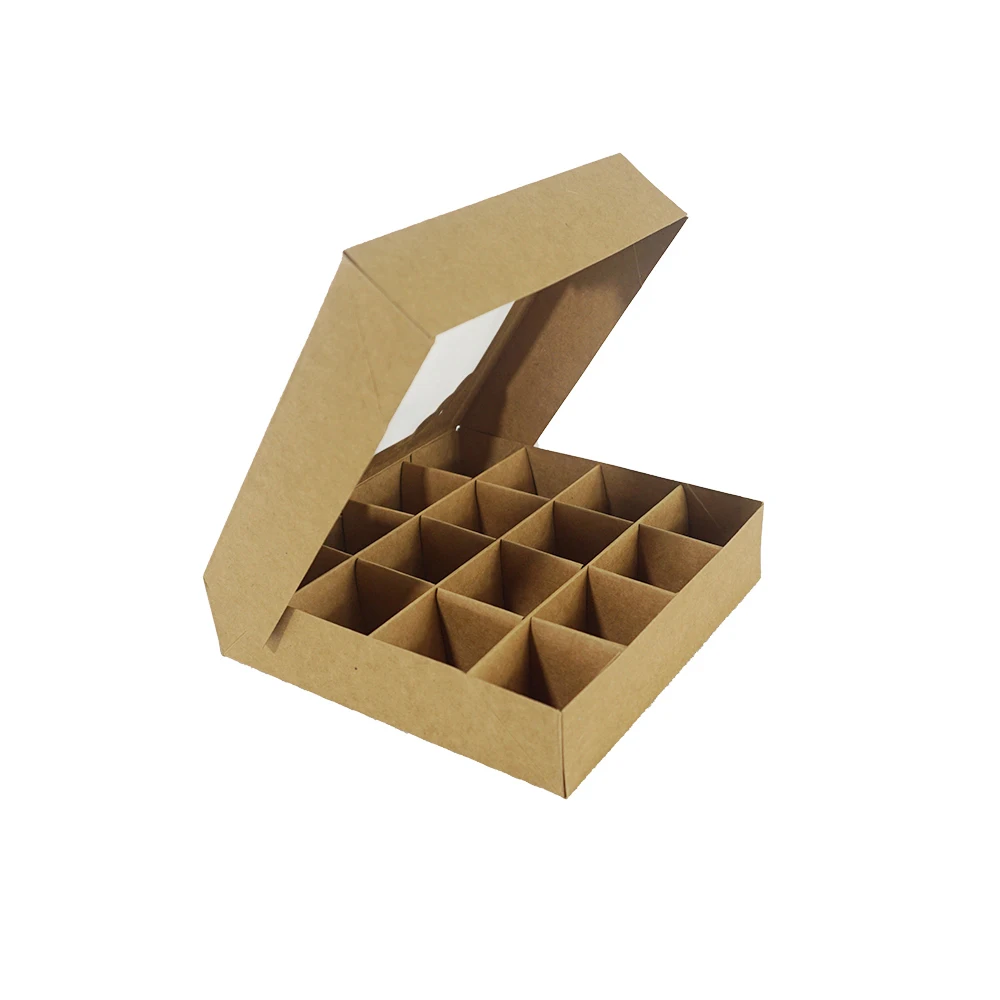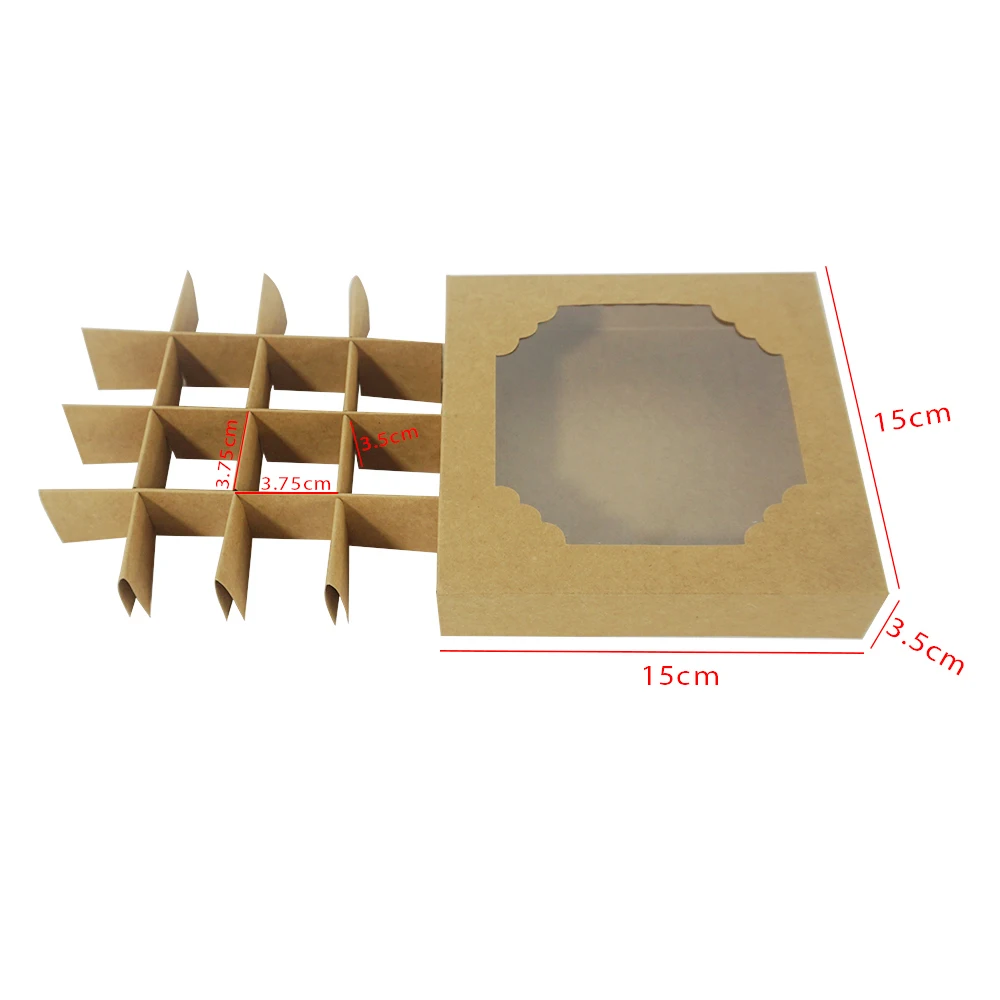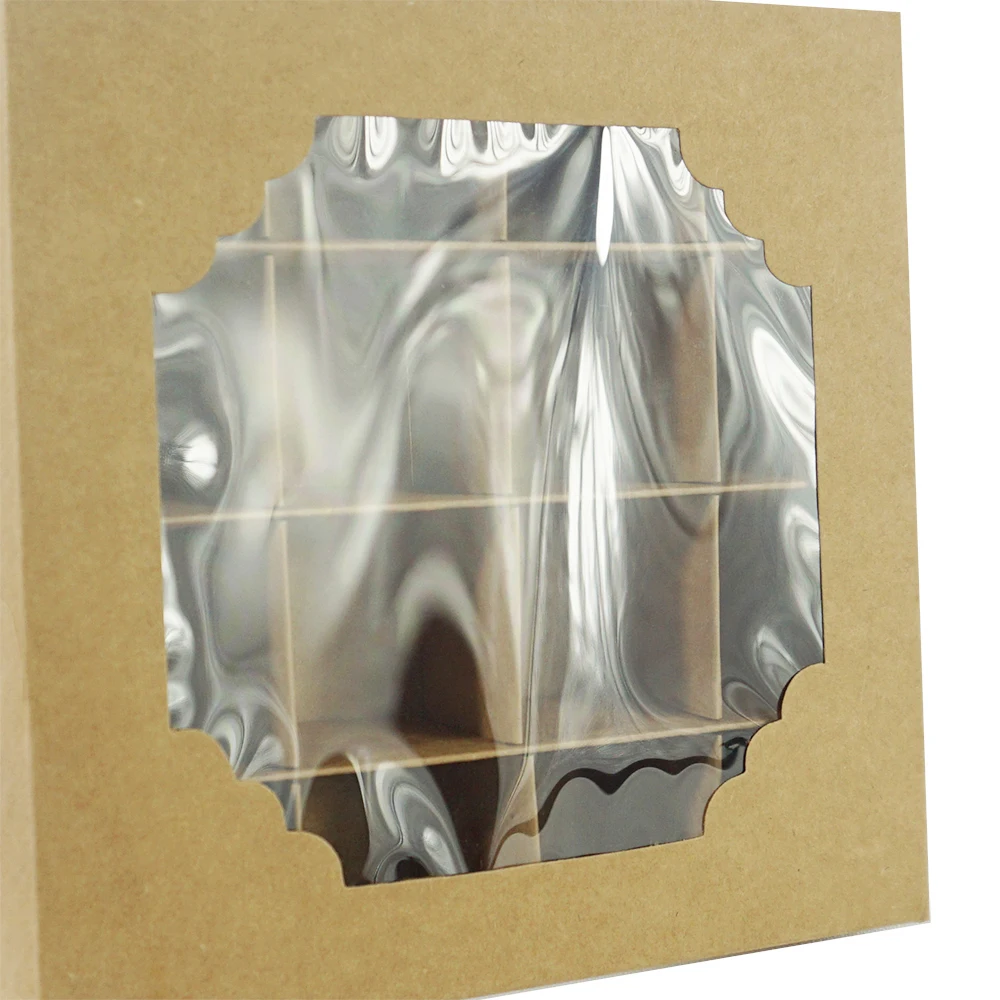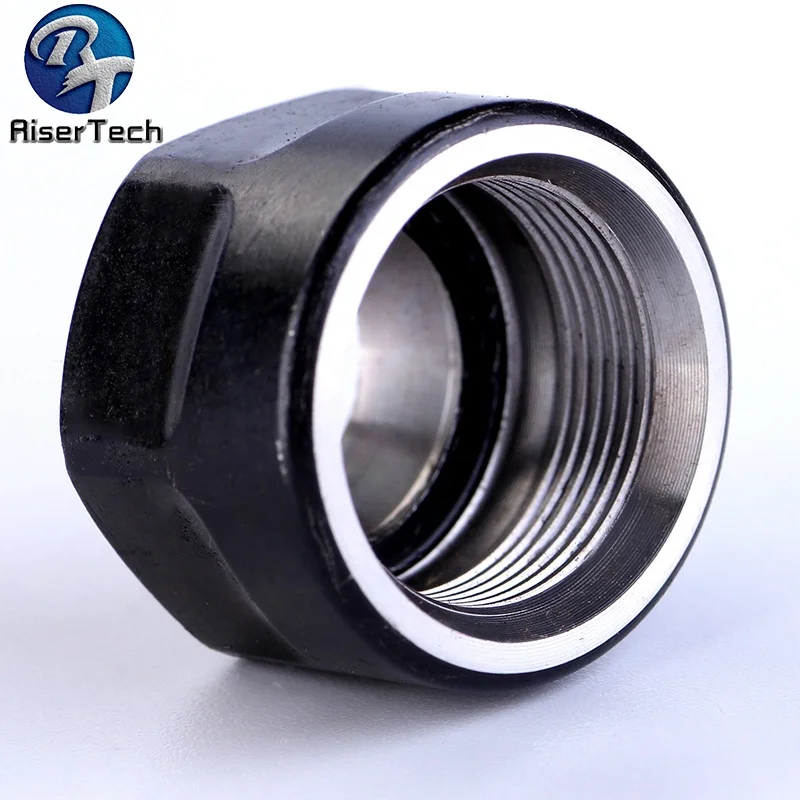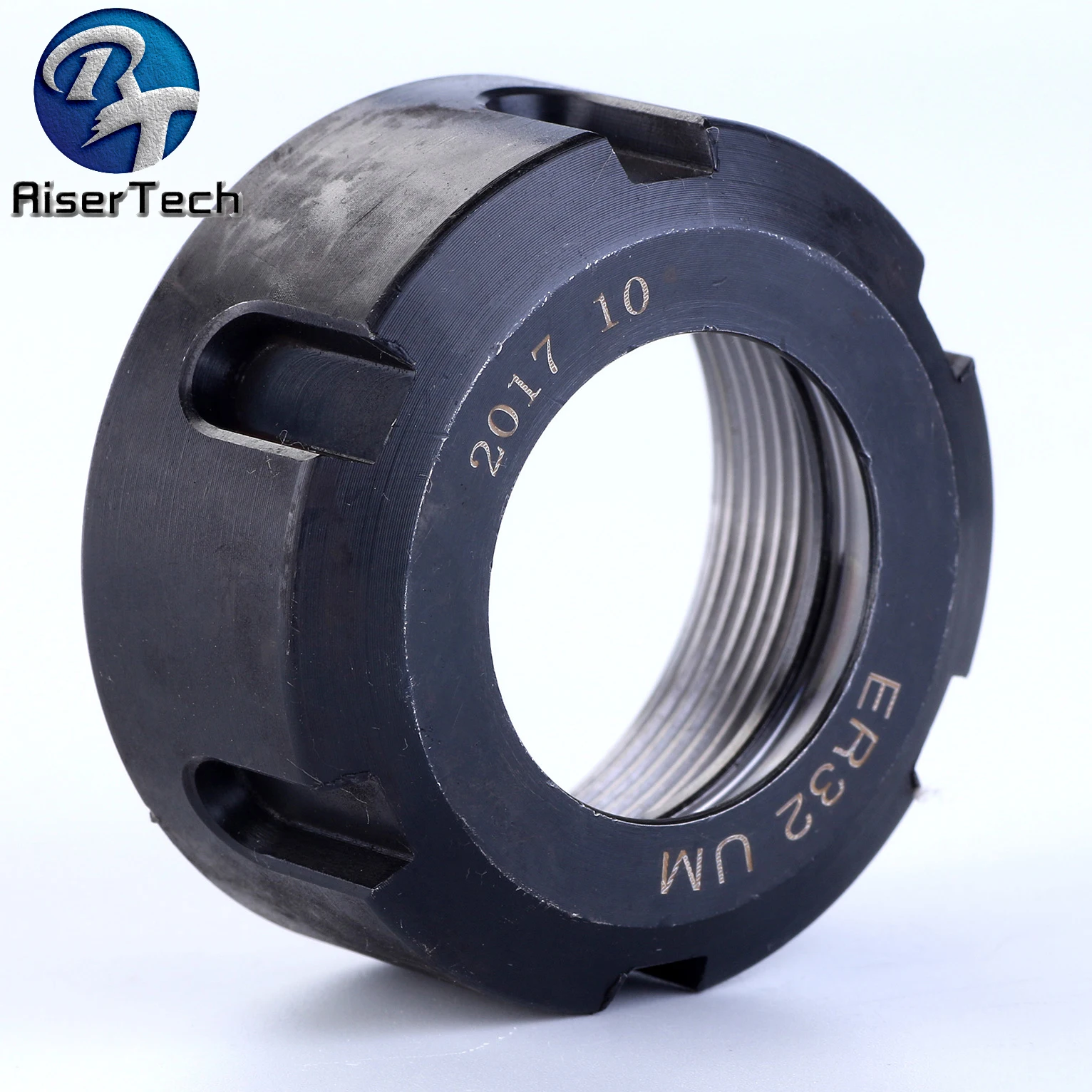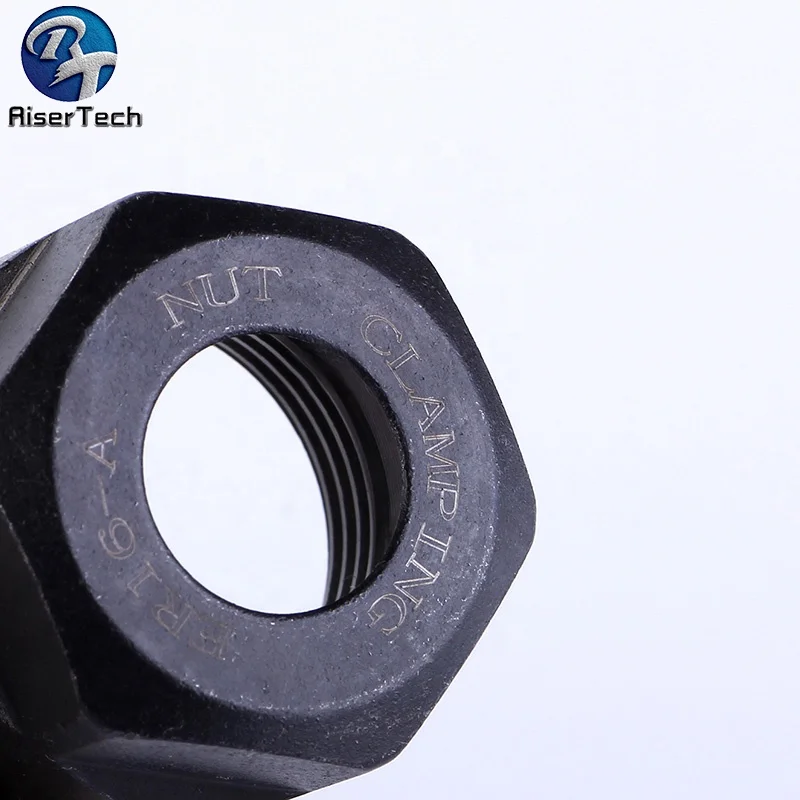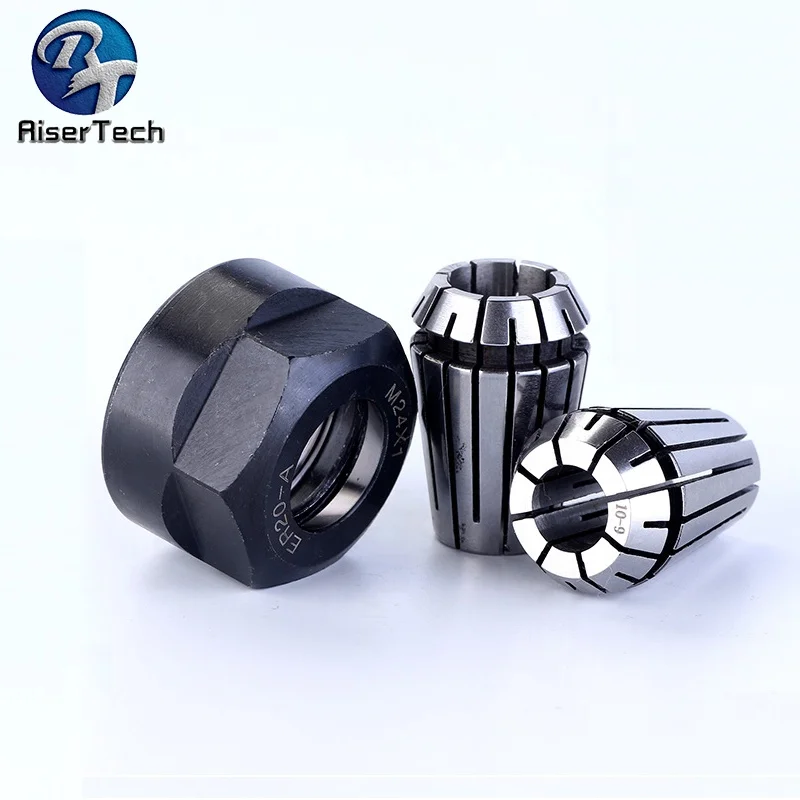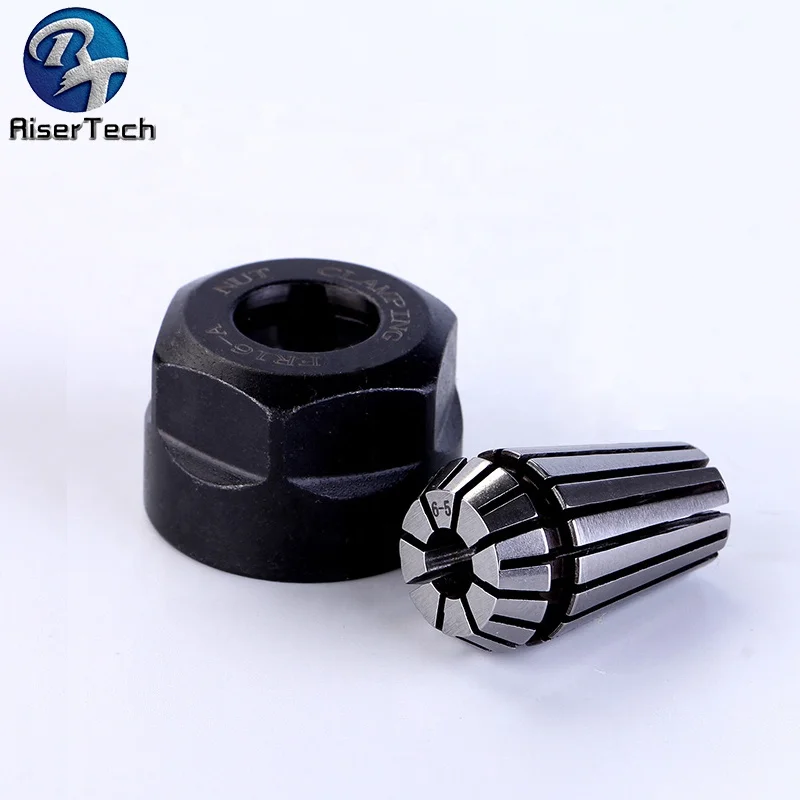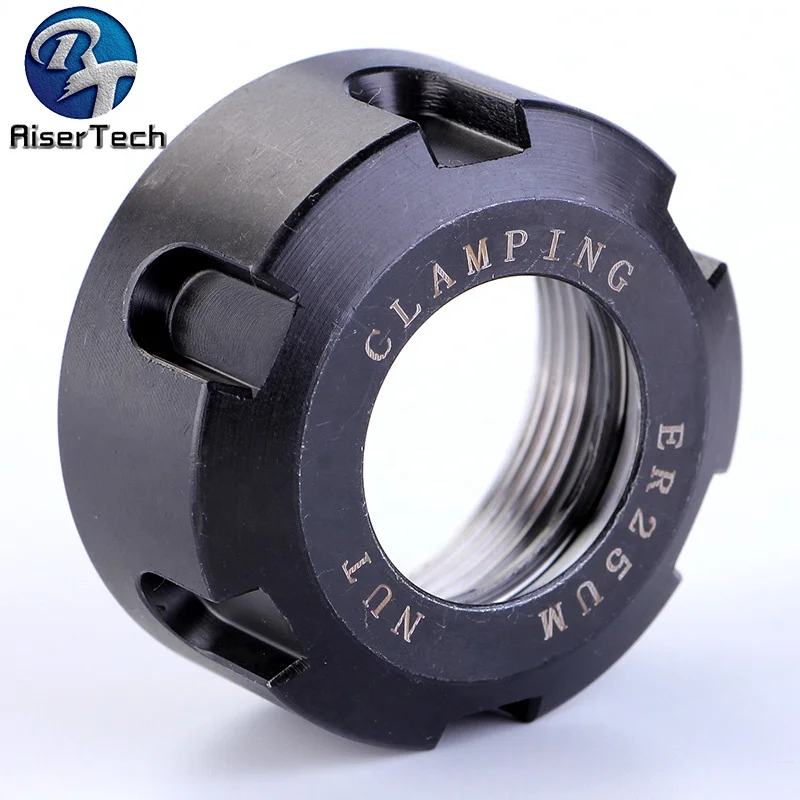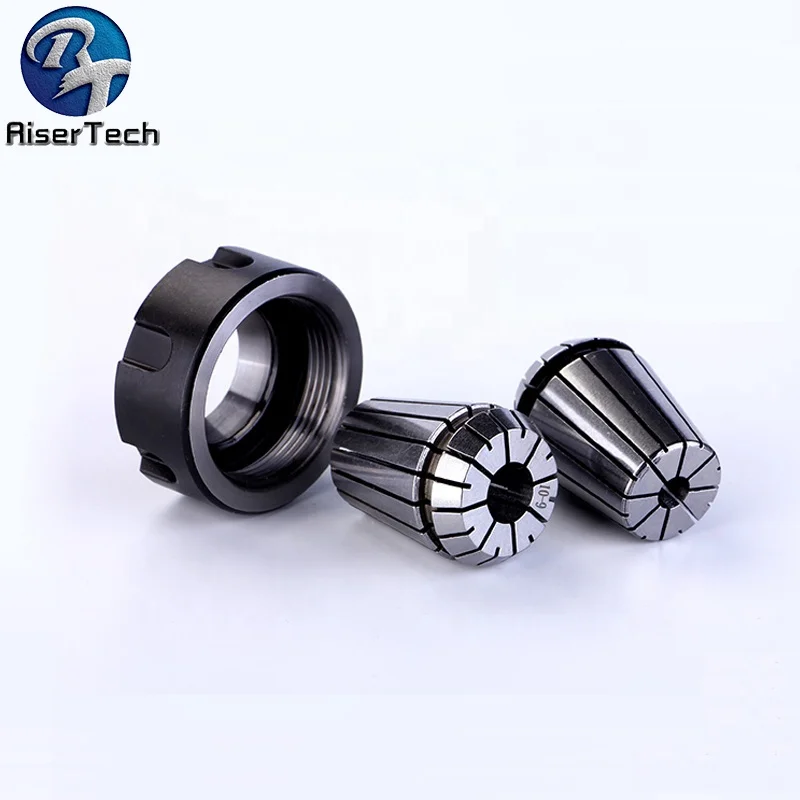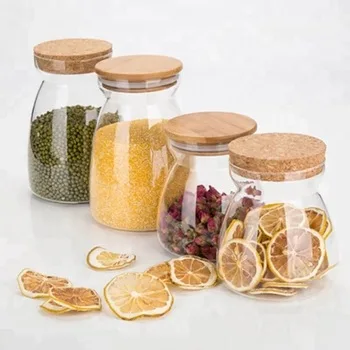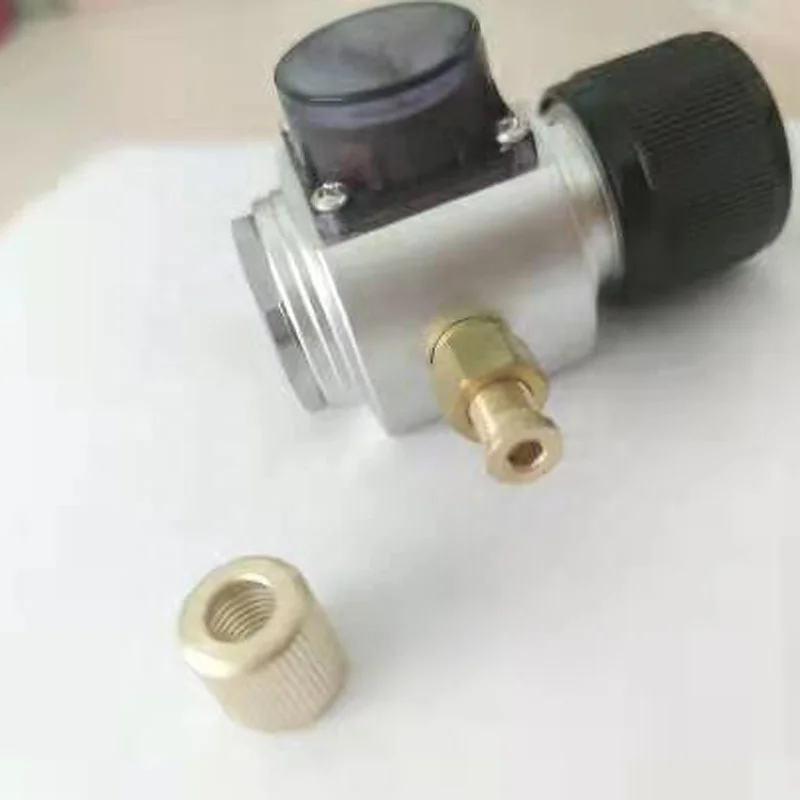Best Nuts for Tools & Hardware: A Complete Buyer's Guide
When it comes to tools and hardware, selecting the right nuts is crucial for durability and performance. Whether you're a professional or a DIY enthusiast, understanding the types, features, and sourcing options can save you time and money. This guide covers everything you need to know about nuts, including how to find reliable suppliers from China in 2025.
How to Find Reliable Nuts from China in 2025
China remains a leading supplier of nuts due to its competitive pricing and manufacturing capabilities. To ensure quality, look for suppliers with certifications like ISO 9001. Platforms like Alibaba offer verified sellers with customer reviews. Request samples before bulk orders to test material and threading precision.
What Buyers Should Know Before Buying Nuts from China
Always check the material grade (e.g., stainless steel, carbon steel) and coating (e.g., zinc-plated, galvanized) for corrosion resistance. Confirm threading standards (metric or imperial) to match your bolts. Shipping costs and lead times can vary, so plan ahead.
Types of Nuts
Hex Nuts: Most common, used with wrenches.
Lock Nuts: Prevent loosening under vibration.
Wing Nuts: Hand-tightened for quick assembly.
Flange Nuts: Integrated washer for better load distribution.
Functions and Features of Nuts
Nuts secure bolts in place, distributing load and preventing loosening. Key features include thread pitch, corrosion resistance, and tensile strength. For heavy-duty applications, choose high-grade steel or titanium.
Scenarios of Nuts
Used in construction, automotive, machinery, and household repairs. For example, flange nuts are ideal for plumbing, while lock nuts are essential for automotive engines.
How to Choose Nuts
Match the nut material to the bolt (e.g., stainless steel with stainless steel). Consider environmental factors (e.g., marine-grade for saltwater exposure). Verify thread compatibility and load requirements.
Nuts Q & A
Q: How do I prevent nuts from rusting?
A: Use coated nuts (e.g., zinc-plated) or stainless steel for humid environments.
Q: What’s the difference between metric and imperial nuts?
A: Metric nuts use millimeters, while imperial uses inches. Ensure compatibility with your bolts.
Q: Can I reuse nuts?
A: Yes, but inspect for wear or thread damage. Lock nuts should be replaced after use.
Q: How tight should nuts be?
A: Use a torque wrench to avoid over-tightening, which can strip threads.
Q: Where can I buy bulk nuts?
A: Alibaba, local hardware stores, or specialized fastener suppliers.


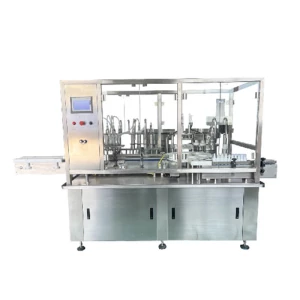

 standup pouch filling machine,doypack filling machine,weighing filling machine ,pharmaceutical filling machine,bag filling machine,bottle filling machine
standup pouch filling machine,doypack filling machine,weighing filling machine ,pharmaceutical filling machine,bag filling machine,bottle filling machine



